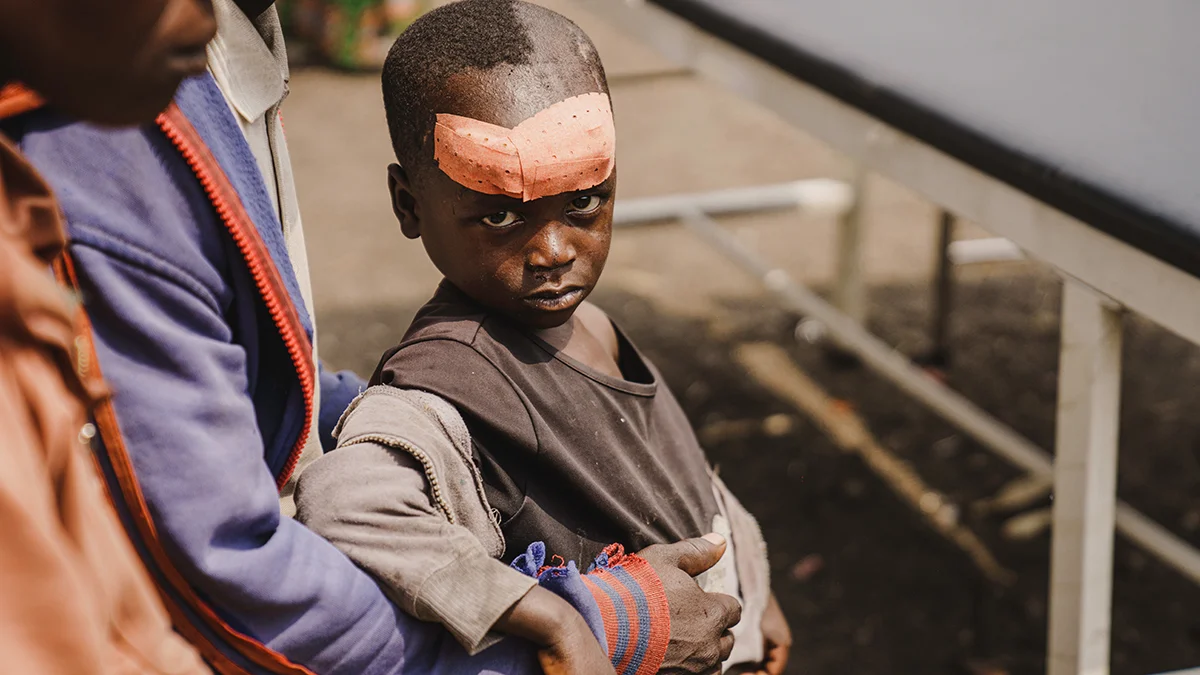Statement by UNICEF Executive Director Catherine Russell.
“I am deeply alarmed by the intensifying violence in the eastern Democratic Republic of the Congo and its impact on children and families. In North and South Kivu provinces, we are receiving horrific reports of grave violations against children by parties to the conflict, including rape and other forms of sexual violence at levels surpassing anything we have seen in recent years.
“During the week of 27 January to 2 February 2025, UNICEF partners reported that the number of rape cases treated across 42 health facilities jumped five-fold in one week. Of those treated, 30 per cent were children. The true figures are likely much higher because so many survivors are reluctant to come forward. Our partners are running out of the drugs used to reduce the risk of HIV infection after a sexual assault.
“One mother recounted to our staff how her six daughters, the youngest just 12 years old, were systematically raped by armed men while searching for food.
“Children and families across much of the eastern DRC continue to face relentless bombardment and gunfire. In recent months, thousands of vulnerable children in displacement camps have been forced to flee multiple times to escape the fighting.
“Amid the chaos, hundreds of children have been separated from their families, exposing them to heightened risks of abduction, recruitment and use by armed groups, and sexual violence. In just the past two weeks, more than 1,100 unaccompanied children have been identified in North Kivu and South Kivu, with numbers continuing to rise.
“UNICEF staff are urgently working to register unaccompanied and separated children, place them with temporary foster families, and ensure that they receive essential medical and psychosocial care.
“Even before the recent intensification of the crisis, recruitment of children into armed groups was already on the rise in the region. Now, with parties to the conflict calling for the mobilization of young fighters, recruitment rates will likely accelerate. Reports indicate that children as young as 12 are being recruited or coerced into joining armed groups.
“Parties to the conflict must immediately cease and prevent grave rights violations against children. They must also take concrete measures to protect civilians and infrastructure critical to their survival – in line with their obligations under international humanitarian law.
“Humanitarian partners must have safe, unimpeded access to reach all children and families in need – wherever they may be. UNICEF continues to call for increased diplomatic efforts to put an end to the military escalation, and to forge a lasting political solution to the violence, so that the country’s children can live in peace.”






